
Space technology is important to everyday life. From transportation and electronic banking to enhanced agricultural production and disaster relief management, space technology and satellites are vital to modern living.
The African Union has even developed a Space Strategy to enhance socio-economic development on the continent.
Outer space is also being used for military purposes. Militaries across the world use outer space and space technology for communications and intelligence.
Recently, its role in the Russia-Crimea conflict has raised controversy by highlighting how companies, such as SpaceX, may impact the ability of a country to utilise such technology to defend itself.
The Outer Space Security Conference 2024, hosted by the United Nations Institute for Disarmament Research (UNIDIR),was recently held in Geneva, Switzerland, to discuss some of the issues.
Discussions revolved around the connection between space security, safety and sustainability.It explored various critical topics, including threats to space systems and the global effort to prevent weapons being used in outer space.
The event gathered representatives from the diplomatic community, military experts, industry leaders, civil society and academia.
The Dean of the Law Faculty at the University of Cape Coast, Julia Selman Ayetey, Esq., participated in Panel II of the programme, entitled Space Security Dos and Don’ts – the Thresholds of Prohibited Action in Space.
Mrs Ayetey outlined complex international legal issues from military and commercial space operations.
She highlighted the growing involvement of companies in space operations and said, “Non-state actors must be considered in space security discussions.Commercial entities now play a major role in space operations”.
She pointed out ambiguities in the current legal framework around what would be considered a’use of force’in outer space and,having reiterated the importance of maintaining peaceful international relations, stressed the need to hold actors accountable when their actions cross legal boundaries.
Other experts on the panel included Dr Jinyuan Su, from Wuhan University in China,who emphasised the need for coordination between states to avoid escalation disputes and gaps in current international legal agreements and Andrey Belousov from the Russian Federation, who highlighted the absence of a ban on weapon placement in space as a critical gap, stressing the need for responsible behaviour and arms control.
Dr Erin Pobjie, from Essex Law School in England, also shared her perspective and pointed out the vulnerability of ground-based systems.
Outer space has the potential to be a source of conflict if clear norms and laws are not established.
The UNIDIR Outer Space Security Conference 2024 underscored the need for clearer international legal frameworks and cooperation to prevent negative geopolitical consequences on Earth.
Africa must take an interest in preventing space from becoming an environment for weapons since its use is needed for socio-economic development.
The post UCC Law Dean speaks at United Nations Institute appeared first on The Ghanaian Chronicle.
Read Full Story
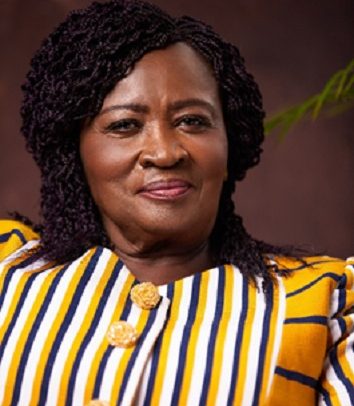
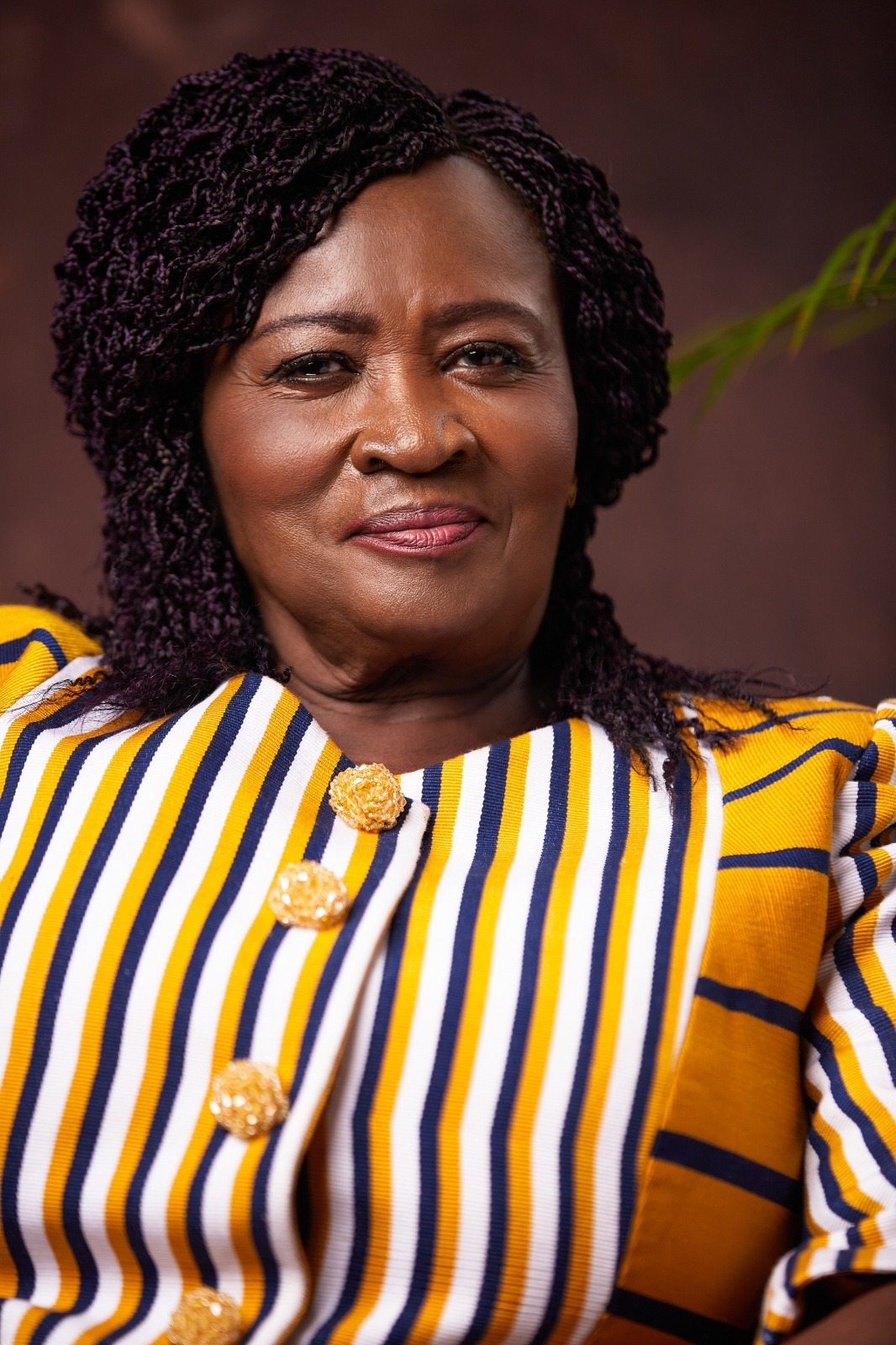
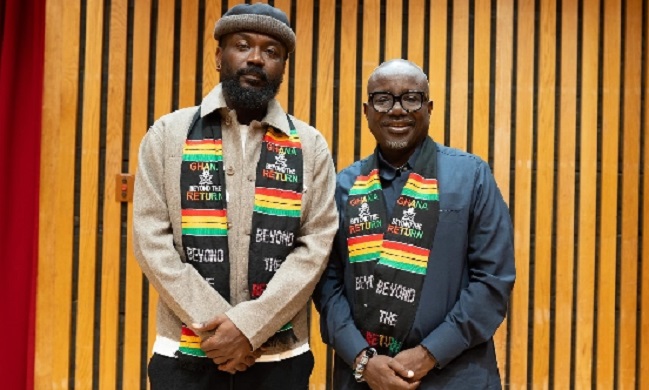
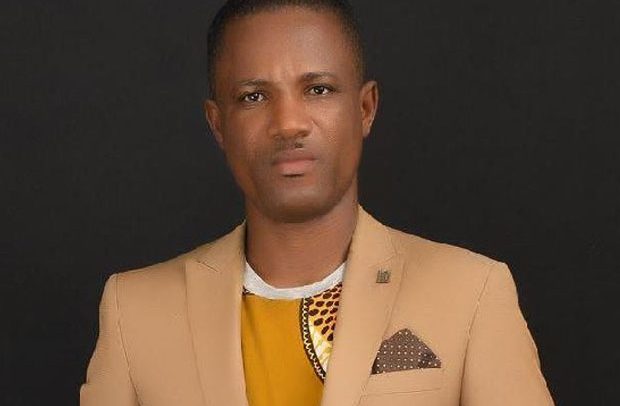



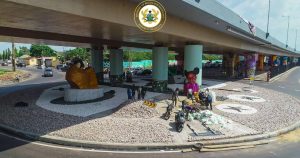





Facebook
Twitter
Pinterest
Instagram
Google+
YouTube
LinkedIn
RSS